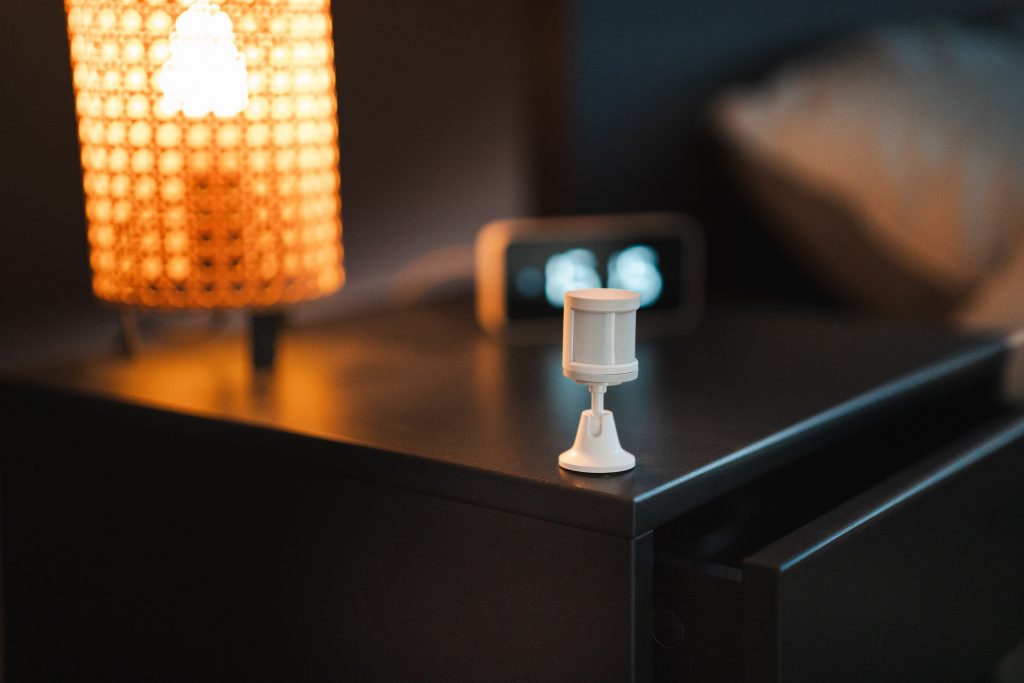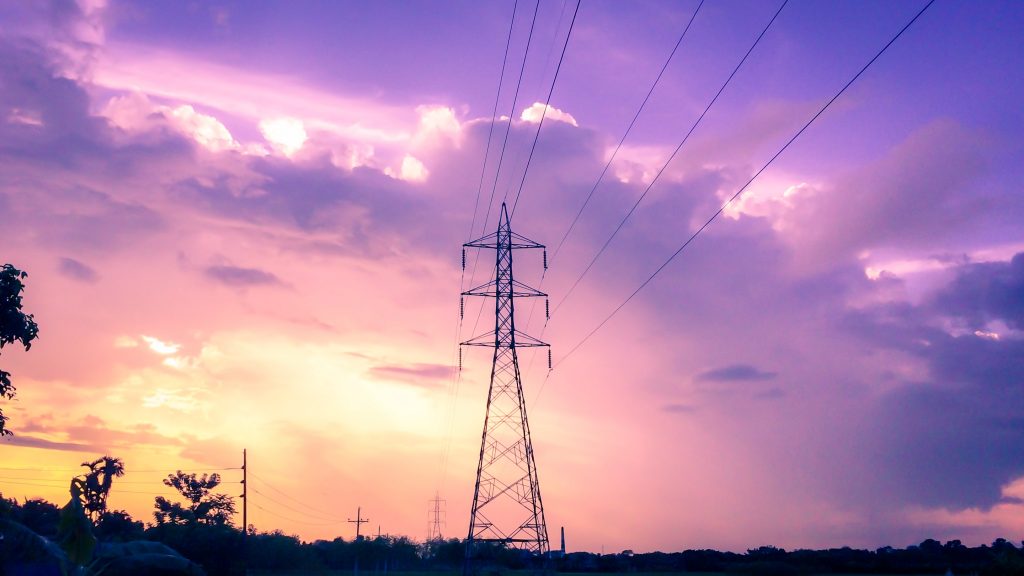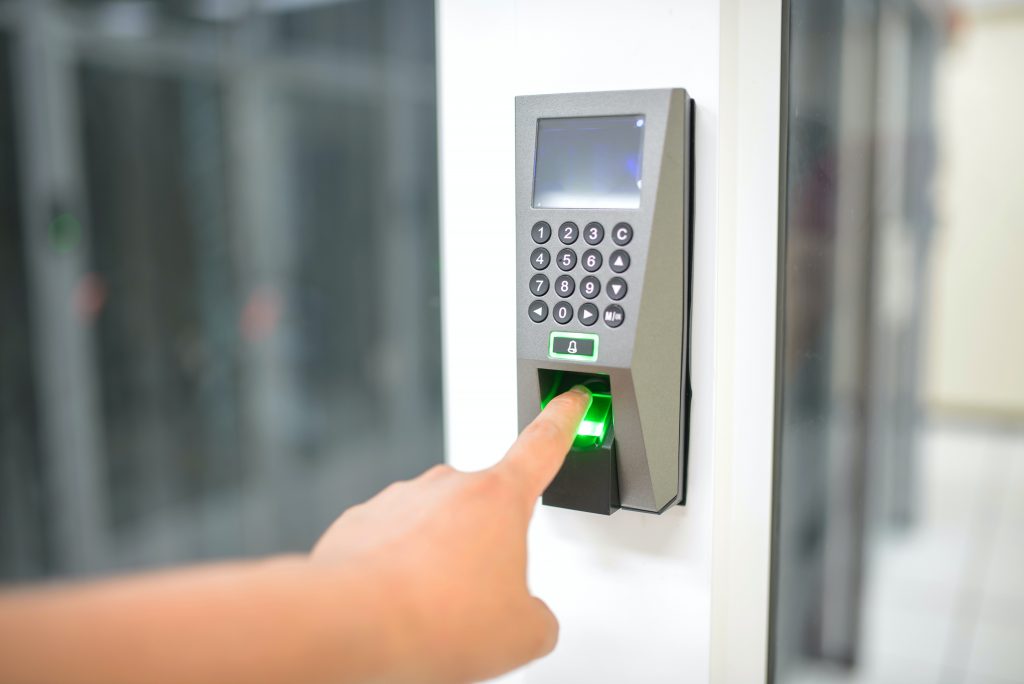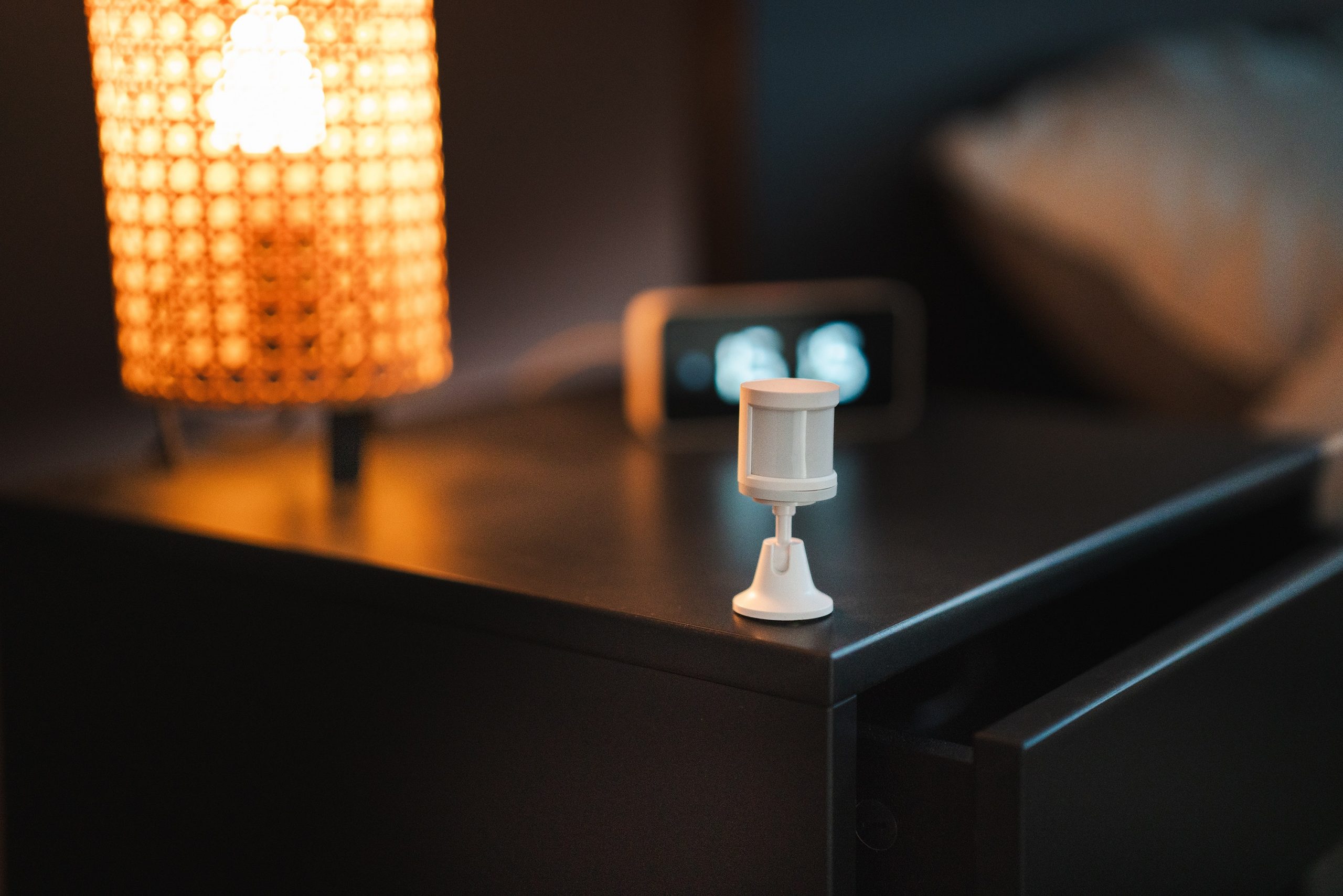Don't miss our holiday offer - 20% OFF!

Read also : Sensing Fuel Quality for Efficient Tank Monitoring
In this ever-evolving modern era, the digital revolution has created new opportunities to enhance efficiency and the quality of life in our cities. One of the latest innovations that has been garnering attention is the use of Internet of Things (IoT) sensors to optimize urban infrastructure. In this article, we will delve into how IoT sensors serve as a critical foundation in revitalizing city infrastructure, bringing smart solutions for more efficient public services.
Contents
Benefits of IoT Sensors in Urban Infrastructure Revitalization
IoT sensors are smart devices capable of collecting real-time data and transmitting it through networks. When applied in the context of revitalizing city infrastructure, these sensors offer remarkable benefits, including:
Monitoring Roads and Traffic

Read also : Monitoring Navigasi Buoy Laut dengan fluxTrack
IoT sensors can monitor traffic density, vehicle speeds, and road conditions. This information allows public authorities to optimize traffic management and plan more efficient road maintenance.
Clean Water and Waste Management

Read also : Enhancing Flood Management with Camera Sensors and Imagery
Sensors can assist in controlling water quality and monitoring waste levels. This is essential for maintaining environmental quality and safe public services.
Efficient Energy Provision

Read also : Humidity Sensors for Building Efficiency and Air Quality
With IoT sensors, cities can optimize energy consumption in parks, street lighting, and government buildings, reducing environmental impact and operational costs.
Implementing IoT Sensors to Enhance Public Services
To successfully revitalize city infrastructure and provide more efficient public services, the following steps should be considered:
Strategic Planning

Read also : Managing Humidity: Sensor’s Role in Electric Motor Health
Identify priority areas that require IoT sensor monitoring, such as busy intersections, water facilities, and bustling city centers.
Selecting Appropriate Sensors

Read also : Weather Sensors Controlling External Weather Factors
Choose sensors that suit specific needs and the environmental conditions of their installation.
Wise Data Analysis

Read also : Precision Energy Quality Monitoring: How Energy Quality Sensors Support Electric Motor Health
Effectively analyze the data collected to make informed decisions and provide more efficient solutions.
Conclusion
The utilization of IoT sensors is a crucial step in revitalizing city infrastructure, creating intelligent solutions that lead to more efficient public services. With real-time data and astute analysis, cities can respond more swiftly to infrastructure issues and community needs. By investing in this technology, we are laying a strong foundation for smarter and more sustainable cities, meeting citizens’ expectations and ensuring a brighter future.





